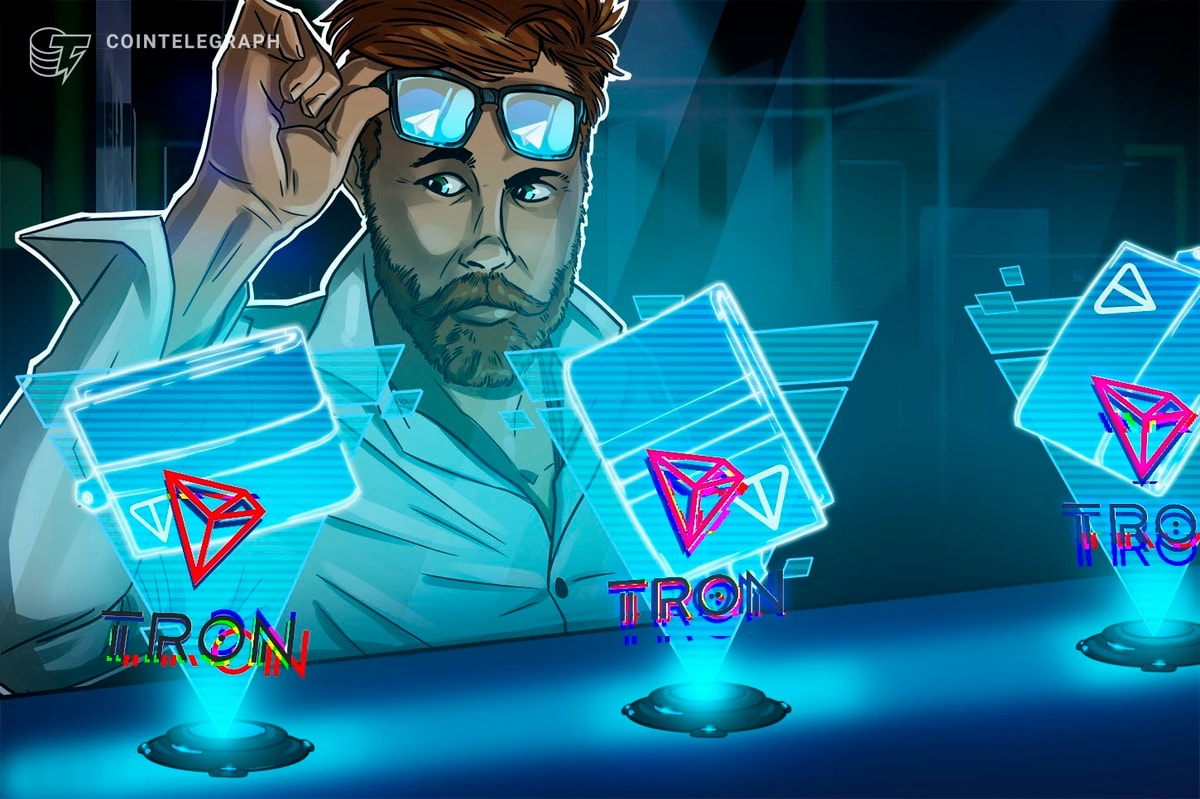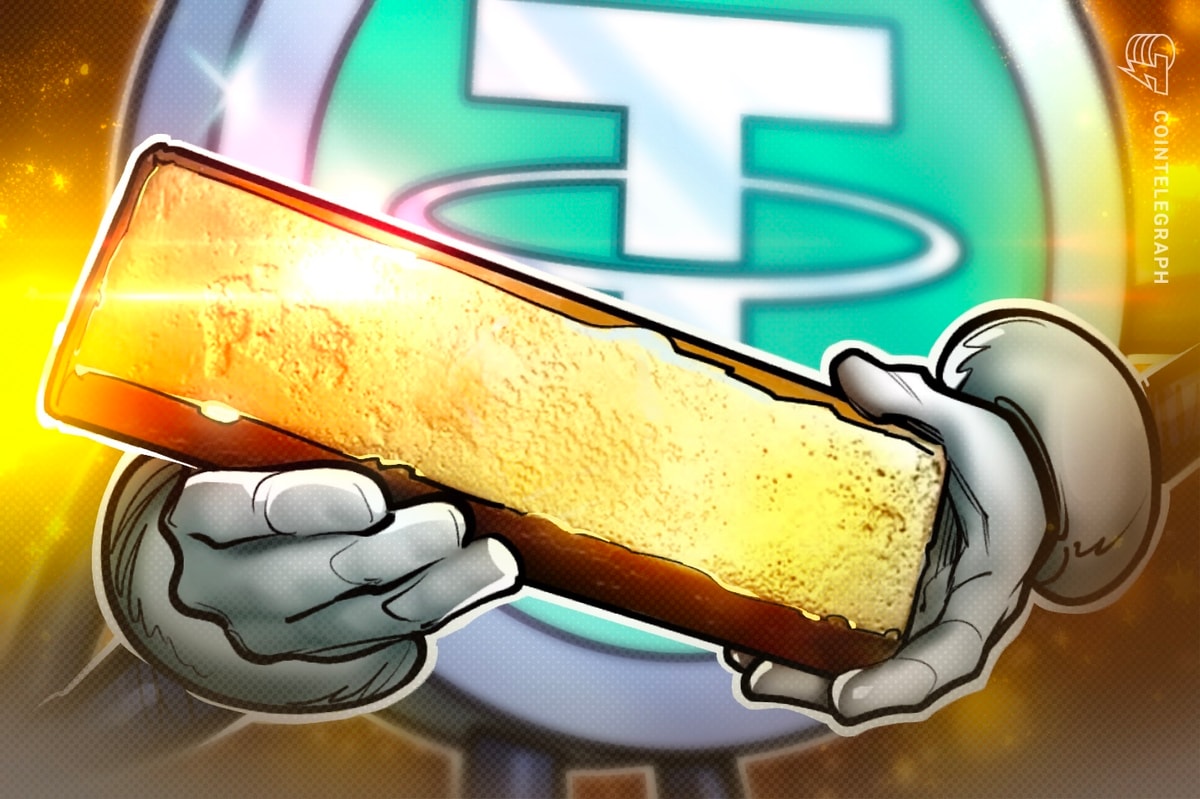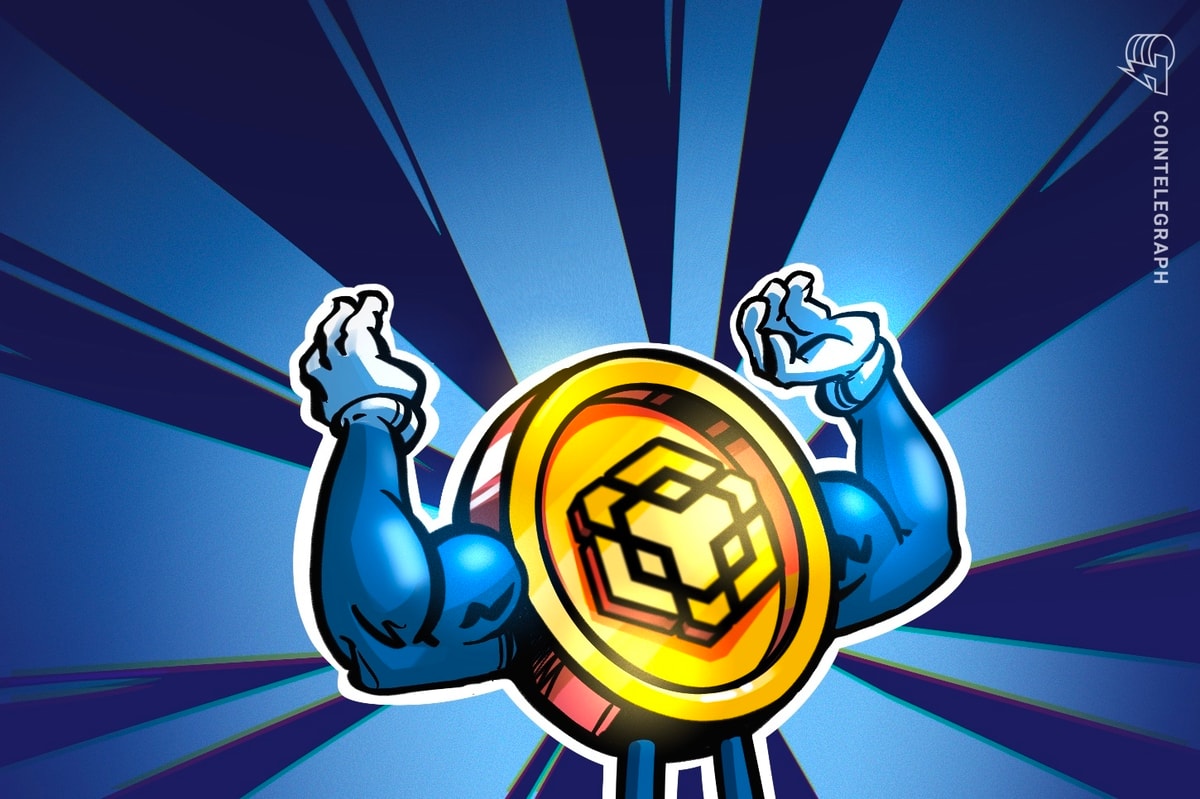One of the wallets available in The Open Network (TON) ecosystem announced that it would support crypto assets on the Tron blockchain.
On Sept. 23, self-custodial wallet MyTonWallet said it would integrate Tron to support assets within its network. This includes the network’s native token, Tron (TRX), Tether’s USDt (USDT) and other tokens using the TRC-20 standard.
The MyTonWallet team said it is the first wallet in the TON ecosystem to integrate Tron-based assets.
Foundation for interoperability
The team believes this move “lays the foundation” for blockchain interoperability. MyTonWallet founder Alexander Zinchuk believes managing assets across several chains is very important for users. The executive said:
“Managing assets across multiple blockchains is becoming increasingly vital for users, and this initial integration is just the beginning.”
Zinchuk also said the move will lead to better adoption for the TON ecosystem. “By integrating with other major networks like Tron, we aim to bridge ecosystems and open up the TON network to a broader audience, driving greater adoption and accessibility,” Zinchuk added.
The TON-based wallet also noted that it would further enhance its crosschain capabilities in the future. The project said it would focus on enabling swaps and adding support for other blockchains, including the BNB Smart Chain, Solana and Ethereum.
Related: Only 43% of users qualified for Hamster Kombat’s season 1 airdrop
Crypto space pushes toward interoperability
The announcement follows a push toward broader blockchain interoperability within the crypto space. On Aug. 6, Ethereum co-founder Vitalik Buterin unveiled plans to solve interoperability issues on the Ethereum blockchain. Buterin said that the solution for the interoperability challenges may surprise people very soon.
On Sept. 18, the decentralized exchange (DEX) aggregator 1inch network debuted “Fusion+,” a new cross-chain swap solution. The feature combines onchain and offchain liquidity to power its swaps. Using atomic swap technology, it supports “all-or-nothing” transactions. When a swap fails, all funds are returned to the original holder.
Meanwhile, core Bitcoin developer Jeff Garzik founded a protocol that aims to “unite” the Bitcoin and Ethereum blockchains using a feature called tunneling. The Hemi Network team claims that tunneling allows Bitcoin and Ethereum to coexist while removing attack vectors that come with traditional bridge technology.
Hemi’s chief technology officer, Max Sanchez, told Cointelegraph that the technology will allow users to tunnel Bitcoin assets to the Hemi Network and then to Ethereum.
Magazine: Decade after Ethereum ICO: Blockchain forensics end double-spending debate










